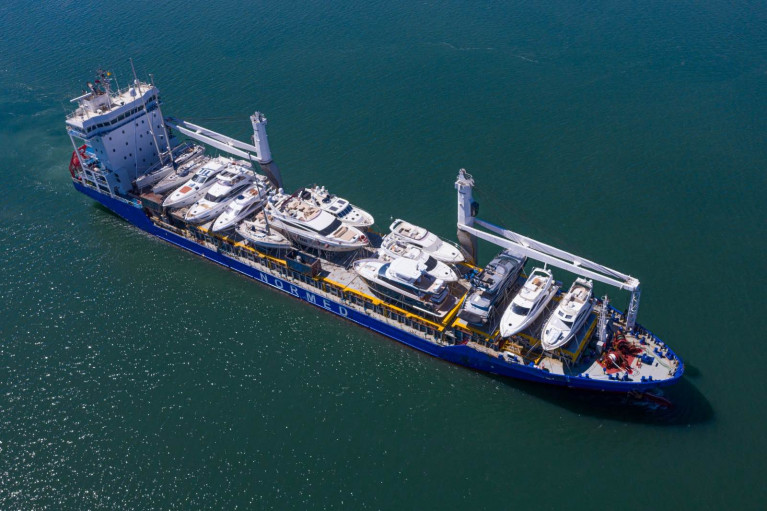Displaying items by tag: marine transport
UK-Owned Vessels Currently Overseas Subject to New Rules Post-Brexit
Rules determining UK owned boats’ VAT status will be subject to change after 31st December 2020 and Global marine transport and logistics provider Peters & May has is reminding UK boat owners with vessels outside the UK that as the Brexit transition period comes to an end at 11 pm 31st December 2020, the rules determining boats’ VAT status will be subject to change.
The latest information available from HMRC is that from 1st January 2021 the rule that yachts must return to the UK within 3 years of having last left the UK/EU in order to be entitled to Returned Goods Relief (RGR) on duty & VAT will be strictly enforced.
‘Whether RGR is applicable will be dependent on it not having undergone any repairs whilst outside the EU that increased its value when it last left the UK/EU and the amount of time it has been overseas, the date of its reimport into the UK and whether the place from where is it returning is inside the Customs Territory of the EU,’ says the company’s Sea Freight and Customs Manager Adam Towgood. He continues, ‘In order to claim the VAT relief element of RGR, it must also have not changed ownership since it last departed. Where a boat does not meet RGR criteria, duty and VAT will be payable to HMRC upon reimport’.
HMRC has recently announced the grant of a 12-month extension exclusively for boats that are currently within the EU, having departed the UK before 31st December 2017. These now have until 31st December 2021 to be reimported to the UK and claim RGR.
As Afloat reported previously, Ireland could see an influx after Christmas of visiting boaters from Northern Ireland seeking to secure the VAT and duty status of their vessels as the Brexit transition period ends.
Adam continues, ‘To ensure that there is no VAT payable to HMRC on the reimportation of their boats we are urging UK boat owners to take early action. Owners need to be aware of the dates of their boats’ movements and time away from the UK and act accordingly to claim Returned Goods Relief. A summary of whether HMRC will allow a claim to RGR according to the departure and arrival dates has been posted to our website and shared on social media channels.’
Peters & May has availability on sailing schedules from the Med which will arrive in the UK before the end of December 2020. Owners choosing Peters & May as their transport provide will benefit from the company’s experts managing the Customs clearance process on their behalf.
The Peters & May team has experience working with HMRC and understands the relevant VAT rulings. An integral part of the company’s yacht transportation service is the completion of complicated paperwork on behalf of the owner.
Adam Towgood says, ‘Navigating the import process and paperwork can be a minefield for owners not accustomed to the technicalities and governing rulings. We work closely with our customers to ensure their boat’s journey home goes smoothly and all relevant legal documentation is completed.’
Further information may be obtained by visiting the HMRC website or the website of the UK’s National Governing Body for sailing, the RYA.





























































